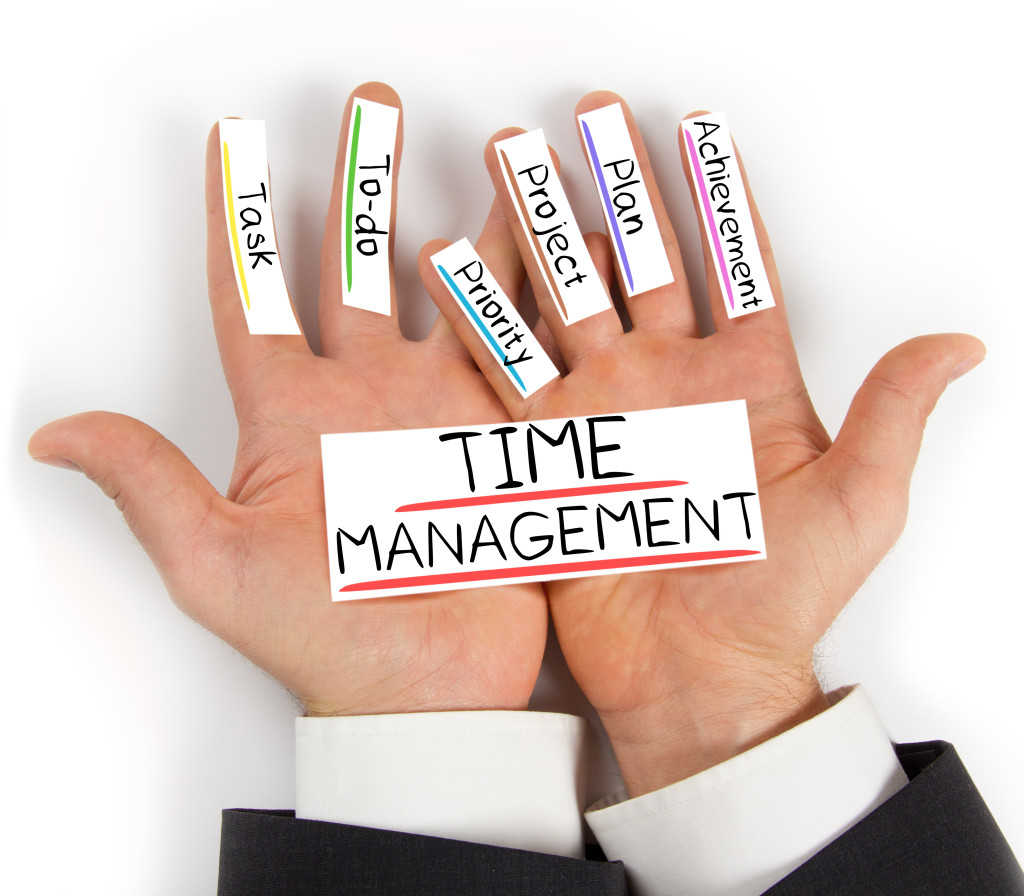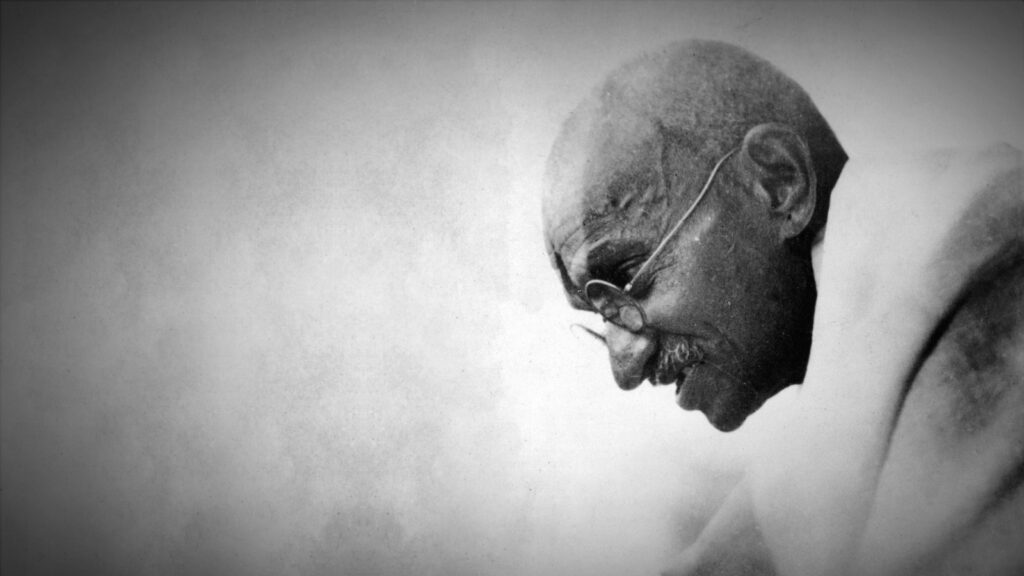
Why Self-Development is so important today?
In the competitive
environment of modern times it’s necessary to continuously enhance your skill. In
today’s life the modern man finds himself trapped in a concrete jungle, living
a rat race. This is a life full of stress, tensions and anxieties to be the
star performer at the workplace, and to be perceived as an ideal son, husband
and father at home.
In this continuing madness, he tends to loose his sense of self and finds himself
loosing control over his live, powerless as he is to take corrective and
remedial action. Such inability to do what is right and bring things back on
track is largely caused by the lack of realization of what is wrong and what
needs to be done.
The answer to this problem is Self Development.
But what is self-development? As the term suggested it is bringing about all
round improvement in one’s own self. A plain dictionary meaning of the term by
itself would bring cold comfort to someone who really needs self-development.
We therefore need to understand what self-development is by understanding what
it implies. Self-development can be best understood by examining its
components. These are enumerated one by one:
- Self-awareness
- Self-knowledge
- Communication
- Self potential
- Health – physical and psychological
- Social status
- Social relations
- Personality

1. Self-awareness: What is self-awareness?
Self awareness is the understanding of where one finds himself. What does he
considers as his duty every moment of the day? How is he supposed to utilize
each waking moment of his time? What should he say? How and to whom? A high
sense of self awareness is seen in person who is proactive in thought, alert in
mind and body and energetic in action. Such is person stays ahead in every
situation. It’s necessary to improve self-awareness to meet the daily
challenges.
2. Self-knowledge:
Self-knowledge flows from self-awareness. Improving self-knowledge should be a
continuous activity. It enables a person to truly understand himself – his role
and contribution to society. Self-knowledge is also a self-appraisal of the
strengths and weaknesses of the personality and character on an ongoing basis. Self-knowledge
is also the knowledge of the inner universe of an individual – the knowledge of
which is vital to successfully navigate your life in the society.
3. Communication is of critical importance.
Communication is the vehicle for building social relations. This was true in
the days when technology and internet did not exist; but is has become even
more true today when we are living in a deeply interconnected world.
Communication has various aspects these are:
Thoughts and Ideas: Communication originates in the mind in the form of a thought which is translated into an idea to be expressed. A creative mind is fertile ground for positive expression, whereas a negative mind is minefield of hate filled negative communication.
Voice & Speech: The voice represents the emotion and the level of self-confidence of the individual. The speech represents the spoken words manifested by the eloquence or lack of it in expressing the ideas of the mind.

Morale, Self-confidence & Self Esteem, These have an impact on your communication.
What is morale? A high morale refers to a very positive state of mind of a person which is ever challenged into seeking increasing difficult tasks to achieve. Low morale represents the opposite where all round pessimism pervades; and where procrastination and dreariness are the norm.
An individual’s morale depends upon his self-confidence. The self-confidence in turn depends upon the self-esteem of the individual. A person with low sense of self-esteem has little self-confidence to do the simplest of tasks, while claiming both ownership and responsibility for the same. On the other hand a person with a high sense of self-esteem always lunges forward, taking bold and calculated risks. Such a person always stretches himself in a quest to continuously improve his productivity, and sense of self-fulfillment in his life and in his work. Building or renewing identity is very important, today.
4. Potential needs to be fully explored. That is the first step for fulfilling aspirations.
Each one of us has a latent, immense and untapped potential which sadly few of us achieve. The main reason for remaining underachievers is equally to lack of self-belief in our potential as also the knowledge that such a potential even exists. Self-development really starts where we become aware of our immense potential and start taking positive steps to tap it and creatively utilize it.
5. Good Health plays an important role in all aspects of life.
Health has two aspects – physical and psychological. Good health commonly is commonly understood only as a state where the body remains free from ailments. There is general ignorance about the impact of an healthy mind (free of negative thoughts and emotions) on the physical health of an individual. It is often said a fit mind in a fit body. However, the reverse is equally true – a fit mind ensures that the body remains fit and free from many ‘lifestyle’ diseases.

6. Social Status and Social Relation:
Development of the social status refers to the upward move of individual on the social ladder. The craving for a high social status is considered the highest of the famous Manslow’s personal self actualization hierarchy. A high social status represents his desire for self actualization. Maslow describes this level as the desire to accomplish everything that one can, to become the most that one can be.
Social relations determine the social status of a person. At the same time the person’s social status also determines his social relations. Development of the ability to develop social relations gives an individual the power to increase his ever widening circle of social contacts. This in turn enhances his power, his prestige, sense of self worth and most importantly his social status.
7. Create a Power Packed Personality:
Personality Development seems to be the buzz word these days. While everyone likes to talk about it, few seem to truly understand. Development of one’s personality is more than adherence to a mere set of guidelines to be followed in terms of dos and don’ts. Personality has several important components that need to be understood and developed. These include:
Posture: An erect posture signifies confidence, a positive forthright attitude, and a fit body that consciously receives large amount s of life giving oxygen into the lungs.
Body Language: This represents the non verbal communication that translates and conveys more than 80% of the message and is often more important than the spoken words.
Thoughts and self-belief: Each individual creates his own universe through self-belief about himself and thoughts about others. Such thoughts and self beliefs either fashion a mind full of prejudice, hate and envy at the negative level or love, empathy and positivity on the other.
Attitude: It is said our attitude determines our altitude. Development of the attitude involves moving away from being negative about persons, and events and seeing some good in everything perceived as bad.
The above stated aspects of self development are by no means an exhaustive list of what one must do for oneself. At the same, these are not water tight compartments that need to be looked in isolation. Often development of a single area can have greater than proportionate effect in other areas. So what one essentially needs to do it to focus and try to better understand each and consciously inculcate the habit to bring about self improvements howsoever small for the overall objective of self development.
Each of these areas will be covered in detail in forthcoming presentations.
Thanks for reading.




























